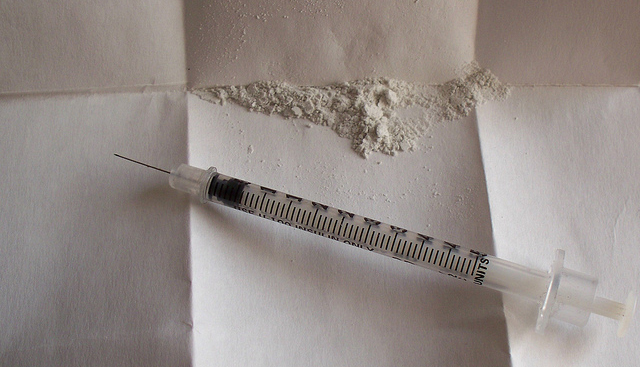The number of people to die while undergoing drug treatment in Brighton and Hove has risen, new figures suggest.
Some 85 people died while in drug treatment in Brighton and Hove from April 2018 to March 2021, according to the Office for Health Improvement and Disparities.
In the previous set of figures, 73 died from April 2017 to March 2020, while from April 2016 to March 2019 there were 77 deaths in the area.
The increase reflected a national rise, with 6,940 people in drug treatment believed to have died during the most recent three-year period.
Fatalities nationally rose from 6,164 in the previous three years and 5,889 from April 2016 to March 2019.
Despite the increase, the drug reform charity Release warned that drug-related death rates were higher among those not in contact with treatment services.
Release, which includes experts on drug laws, said that treatment deaths were concerning but further details around the causes of death were needed.
The charity’s policy lead Laura Garius said: “We do not know whether or not these deaths were actually substance-related, how these deaths vary by treatment setting and type of intervention, and we cannot detangle the role that the coronavirus pandemic may have played.”
Dr Garius added: “The absence of further information gives rise to fear and alarmism about the role of treatment in the death of clients when, in reality, we know that drug-related death rates are higher among people not in contact with drug treatment services.”
The latest figures also said that Brighton and Hove accounted for 2,065 of the 314,000 opiate or crack users in England in 2016-17.
This was equivalent to 10 in every 10,000 people in the area, higher than the national average, of 8.9 per 10,000.
The Department of Health and Social Care said that its recently announced drugs strategy would tackle the root causes of substance misuse, including £780 million for treatment and recovery.
It said that illegal drugs cost the taxpayer nearly £20 billion a year and that almost half of all burglaries and robberies in England were committed by heroin and crack cocaine addicts.
The department also said: “Drug misuse can have a tragic impact on people’s health, their families and their livelihoods.
“Like other services, drug and alcohol treatment services were affected by the pandemic, but most services have returned to as close to business-as-usual as they can.”










surely the forensic police can find the money man who is importing the product in bulk and then the street coppers can arrest the delivery guys who deliver the wraps with the fast food on a scooter – CCTV and word on the street – mass arrest of all Albanian Pakistani Nigerian Jamaican drug gangs and deport them all.